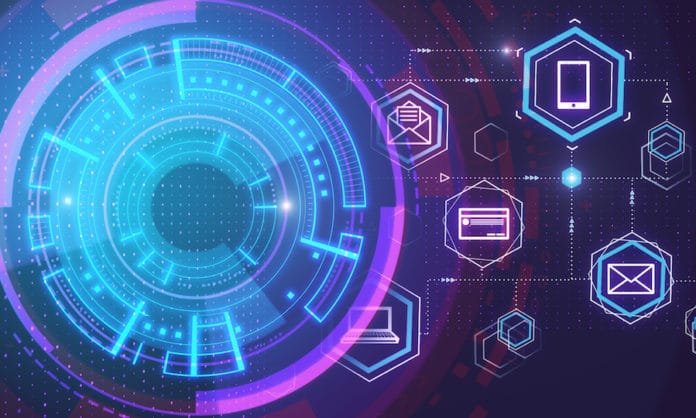The question of whether we should have gaming blockchains or not had been a topic of some debate recently. Opponents see them as unnecessary, that things work just fine as they are. Proponents see the use of gaming blockchains as a way of allowing buyers to own their assets immutably.
Though not designed specifically with gaming in mind, many blockchains such as Ethereum, Bytom, NEO, etc., are capable of handling the demands of gaming, even if that means having to employ side-chains or some other technology to handle some of the strain. (Bytom may actually be best suited for this since it is a triple layer blockchain.) However, these blockchains were designed to provide an immutable ledger of transactions, and that’s what we’re talking about here.
Video games come and go. Many are a dime a dozen (sometimes, quite literally in second-hand video game stores,) but some have mass appeal and attract huge audiences. These games tend to stick around for a while.
World of Warcraft has been around since 2004; Magic the Gathering Online has seen spellslingers vying for supremacy since 2002 (yah, I had dial-up internet then); and there are many more popular video games, too numerous to list here, that have stood the test of time so far. Recently, the immensely popular Red Dead Redemption 2 expanded into a massively multiplayer online version – Red Dead Online.
In-game Assets and Gaming Blockchains
No matter how new or old, these games have ownable assets. WoW allows you to purchase vanity items, like mounts, in their store and use them in-game. MTGO allows you to buy packs of cards or pre-built decks so that you can compete with other players. It’s likely that RDR2 will have features like this in the very near future.
Whether the asset you buy is merely for cosmetic purposes or affects the outcomes during a game, there is one single truth: Even though you have bought the item, you don’t actually own it.
You thought you did?
Sorry, but if Blizzard shuts down its WoW servers or Wizards of the Coast shuts down MTGO in favour of Magic: Arena, you have nothing. Zilch. (Although, if you own a full set of cards in MTGO, you can pay to have a physical set shipped to you.)
Enter gaming blockchains.
Arguably, the first blockchain game was Satoshi Dice – a simple dice-based gambling game. Probably more famous, and marginally more elaborate, was CryptoKitties, which allowed you to breed and trade kitties on the Ethereum blockchain. Demand was so huge for this that the Ethereum blockchain nearly ground to a halt.
But when I say huge, I mean around 14,000 daily users at the peak of its popularity, which pales in comparison to games like PUBG that can have up to two-million players online concurrently.
Blockchain Gaming Goes Mainstream?
A recent article claimed that Sony approved the first ever blockchain-based game for the PS4 platform. The game, Plague Hunters, allows for the purchase and trade of in-game assets on a blockchain. Although there is very little information about this on their website, Arcade Distillery promises that should Plague Hunters cease to be popular and close down its servers, you will still be able to use your purchased assets in other games from their collection. Which mean, yes you guessed it, you actually own the items.
In theory, at least.
Asset Ownership on a Gaming Blockchain
Certainly, in the case above, you would own the asset, but if the Arcade Distillery project shuts down, there is nowhere else you can use that asset, and it would likely lose any value it had. If MTGO went onto a gaming blockchain, for example, and then shut down, there would no longer be a platform for you to use those assets – in this case, cards. It’s also highly improbable that WotC would allow you to transfer those cards onto its newer, slicker, but less functional Magic: Arena platform since the costs involved with adding all those old sets of cards, and all their functionality, would be massive indeed.
Do we need Gaming Blockchains?
In short, yes. Whether it’s for gambling transparency, asset ownership and trading, or provable odds that the +1 Sword of Satoshi will drop from a particular beastie, gaming blockchains have their uses. Only time will tell if we see adoption of them.




